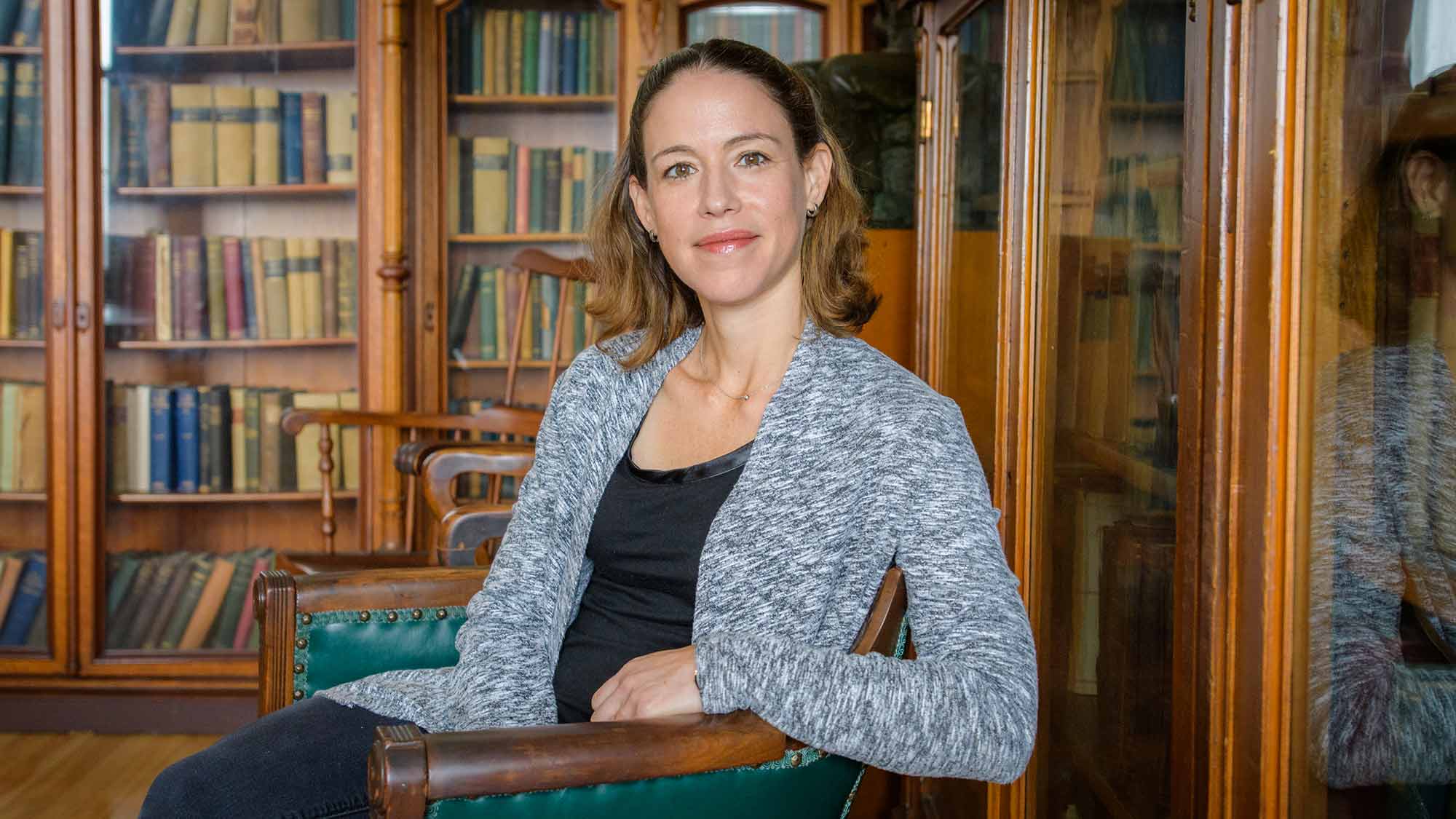When Florida Gov. Ron DeSantis signed into law the Parental Rights in Education bill, described by opponents as the “Don’t Say Gay” bill, people immediately wondered what effect the legislation would have on youth and teachers. Psychology Professor Abbie Goldberg, however, wanted to learn how the law—which prohibits classroom instruction on sexual orientation or gender identity before the fourth grade—was impacting LGBTQIA+ parents.

“Nobody likes to feel that they’re hiding.”
Goldberg interviewed 113 LGBTQIA+ parents in Florida following the bill’s passage and discovered that 56% were considering relocating out of the state, 21% were less “out” in their communities, and nearly 25% feared harassment by neighbors because of their sexual orientation or gender identity and expression.
“The bill affects children’s ability to talk openly about their families and potentially complete assignments about their families, like writing about their family vacation with two moms or two dads,” Goldberg says. “Some of my participants pointed out that the naming of the bill, Parental Rights in Education, refers to certain parents’ rights. They asked, ‘What about our rights?’ ”
Goldberg, the author of four books and co-editor of five, has spent her career researching, writing, and teaching classes about diverse families, including LGBTQIA+ parent families and adoptive-parent families, as well as the experiences of marginalized groups such as transgender youth. She’s driven by curiosity and a desire to uncover stories and perspectives that are often untold. Decentering what many people define as the “normal” family, sexuality, or gender is a main theme of her work.
“We know that when people feel like they can’t be their full selves and they cannot be ‘out,’ it harms their mental health,” Goldberg says. “Nobody likes to feel that they’re hiding or are unable to share parts of themselves for fear of negative treatment.”

